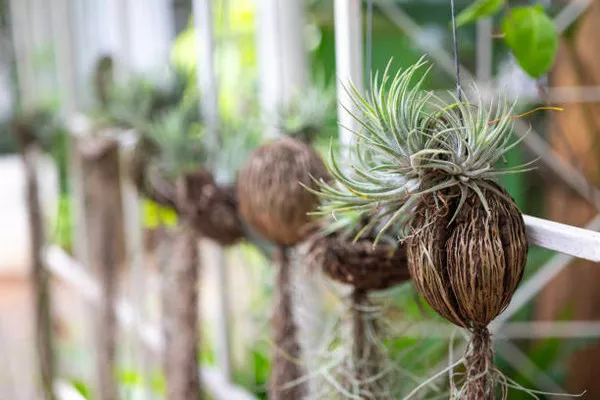Indoor plants bring a touch of nature into our homes, but the presence of tiny flies can quickly turn the joy of gardening into a frustrating experience. These small pests, often referred to as fungus gnats or fruit flies, can infest the soil and surrounding areas, posing a threat to the health of your plants. However, with the right strategies and a proactive approach, you can effectively get rid of these nuisances and restore the vitality of your indoor garden.
Understanding the Culprits:
Before delving into eradication methods, it’s crucial to understand the root cause of the infestation. Fungus gnats are attracted to damp, decaying organic matter in the soil, making overwatered plants their ideal breeding ground. Fruit flies, on the other hand, are drawn to overripe fruits, vegetables, or other organic materials in the vicinity. Identifying the specific type of tiny flies will help you tailor your approach to effectively eliminate them.
Implement Proper Watering Practices:
One of the most common reasons for an infestation is overwatering. Fungus gnats thrive in moist environments, and their larvae feed on fungi and decaying organic matter in the soil. To combat this, adopt a disciplined watering routine. Allow the top inch of soil to dry out before watering again. This not only deprives the gnats of their preferred breeding conditions but also promotes healthy plant growth.
Use Well-Draining Soil:
Choosing the right soil mix is crucial in preventing fungus gnat infestations. Opt for well-draining soil that allows excess water to flow out easily. This reduces the likelihood of waterlogged conditions that attract and sustain these tiny flies. Consider adding perlite or sand to your soil mix to improve drainage and aeration.
Monitor and Control Humidity Levels:
High humidity is another factor that encourages the proliferation of fungus gnats. Invest in a hygrometer to monitor humidity levels in your indoor space. Aim for a humidity range of 40-60% to create an environment less conducive to tiny fly breeding. Consider using a dehumidifier if necessary, especially in areas prone to excess moisture.
Implement Yellow Sticky Traps:
Yellow sticky traps are a simple yet effective method to control adult flies. These traps, available at garden centers, attract the tiny flies with their bright color and sticky surface. Place them near the affected plants, focusing on areas where the infestation is most severe. Regularly replace the traps as they become covered with flies, preventing the adults from laying more eggs.
Introduce Beneficial Microorganisms:
Beneficial microorganisms such as Bacillus thuringiensis subspecies israelensis (Bti) can be used to combat fungus gnat larvae. Bti is a soil-dwelling bacterium that produces toxins harmful to the larvae but harmless to plants and other organisms. Sprinkle Bti granules onto the soil surface, and when watered, the bacteria will infiltrate the soil, targeting and eliminating the larvae.
Neem Oil as an Organic Solution:
Neem oil is a natural insecticide that can help control both adult flies and their larvae. Mix a small amount of neem oil with water and apply it to the soil surface. Neem oil disrupts the life cycle of the insects, hindering their ability to reproduce. Additionally, it acts as a deterrent for adult flies, discouraging them from laying eggs.
Allow the Soil to Dry Out:
Creating an inhospitable environment for fungus gnat larvae involves letting the soil dry out between watering sessions. Avoid constant moisture, as this disrupts the life cycle of the larvae. If the infestation is severe, consider allowing the soil to dry out more than usual to break the cycle and eliminate the larvae population.
Conclusion:
Dealing with tiny flies in indoor plants requires a multifaceted approach, combining proper plant care, monitoring, and targeted interventions. By implementing these strategies, you can eliminate the current infestation and establish practices that prevent future outbreaks. Remember, consistency is key – maintaining a vigilant approach to plant care will keep your indoor garden thriving and free from the annoyance of tiny flies.


